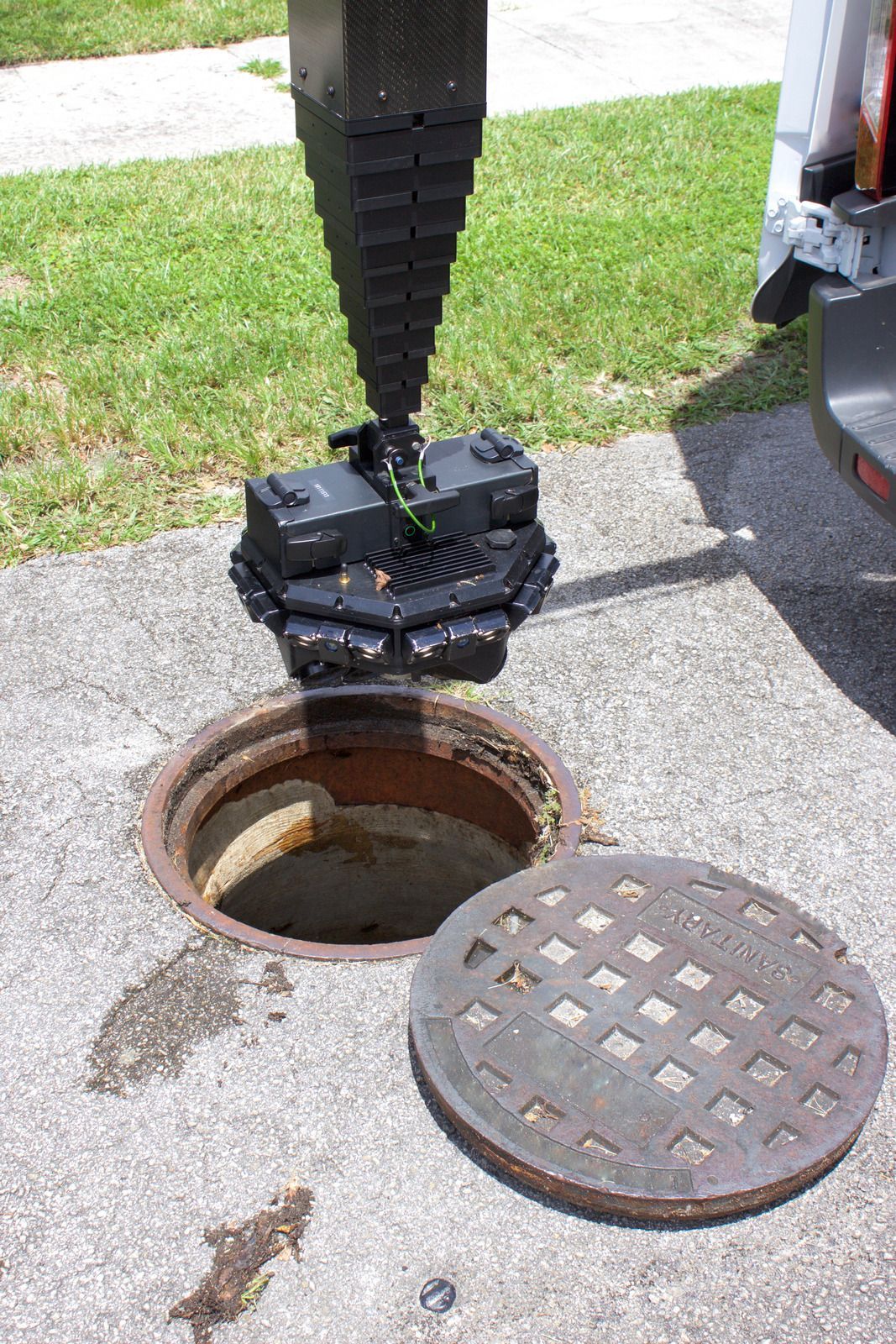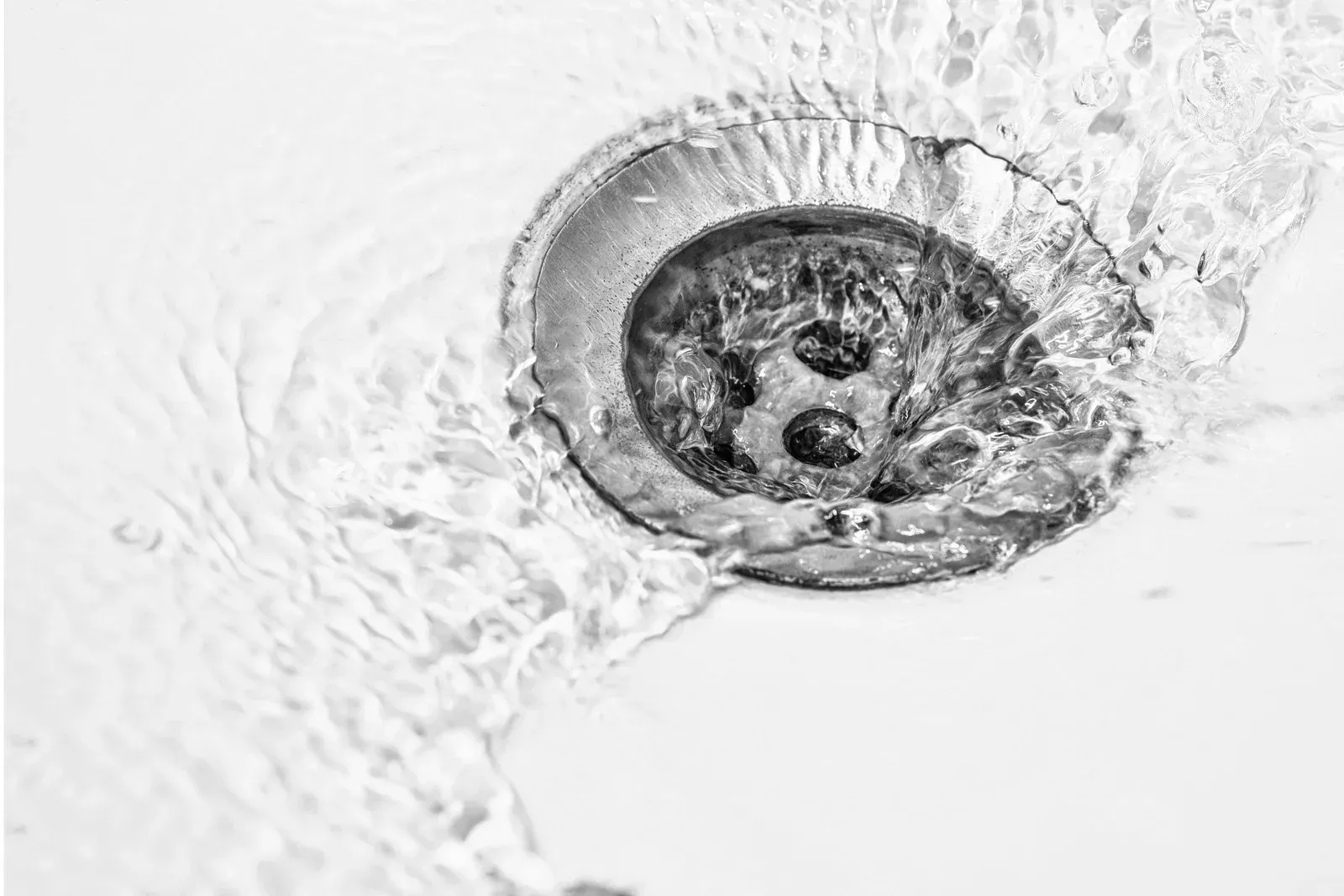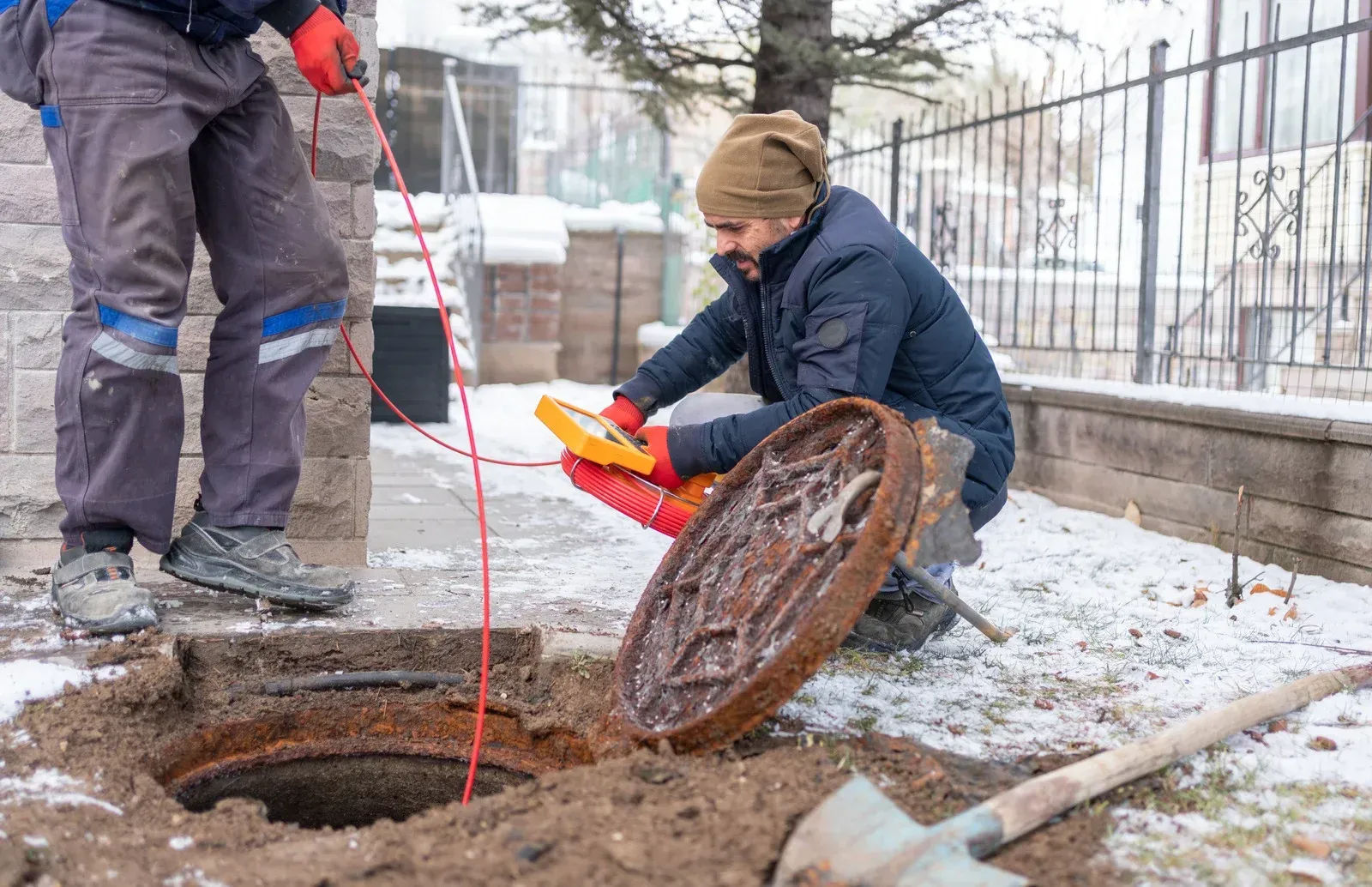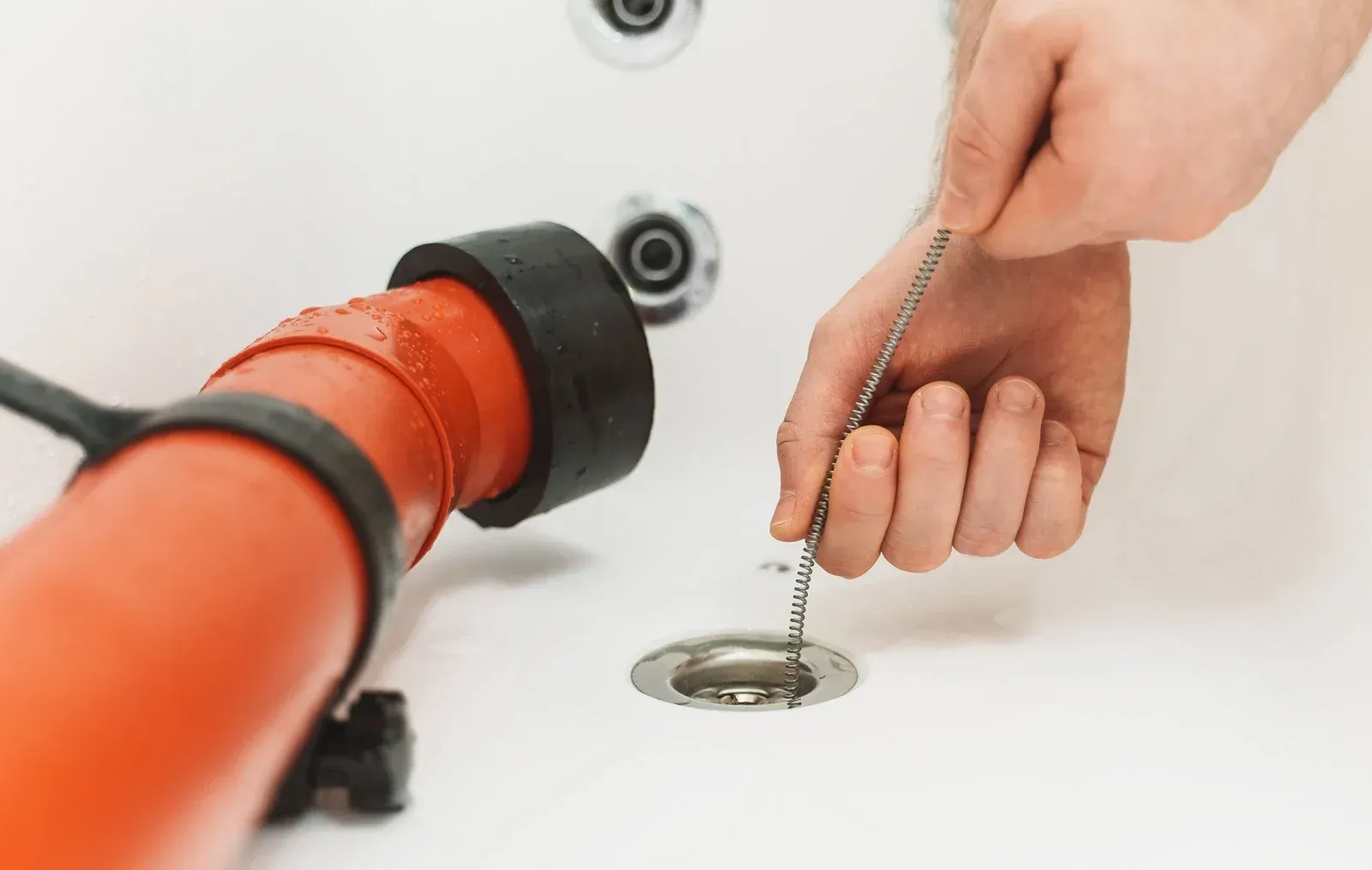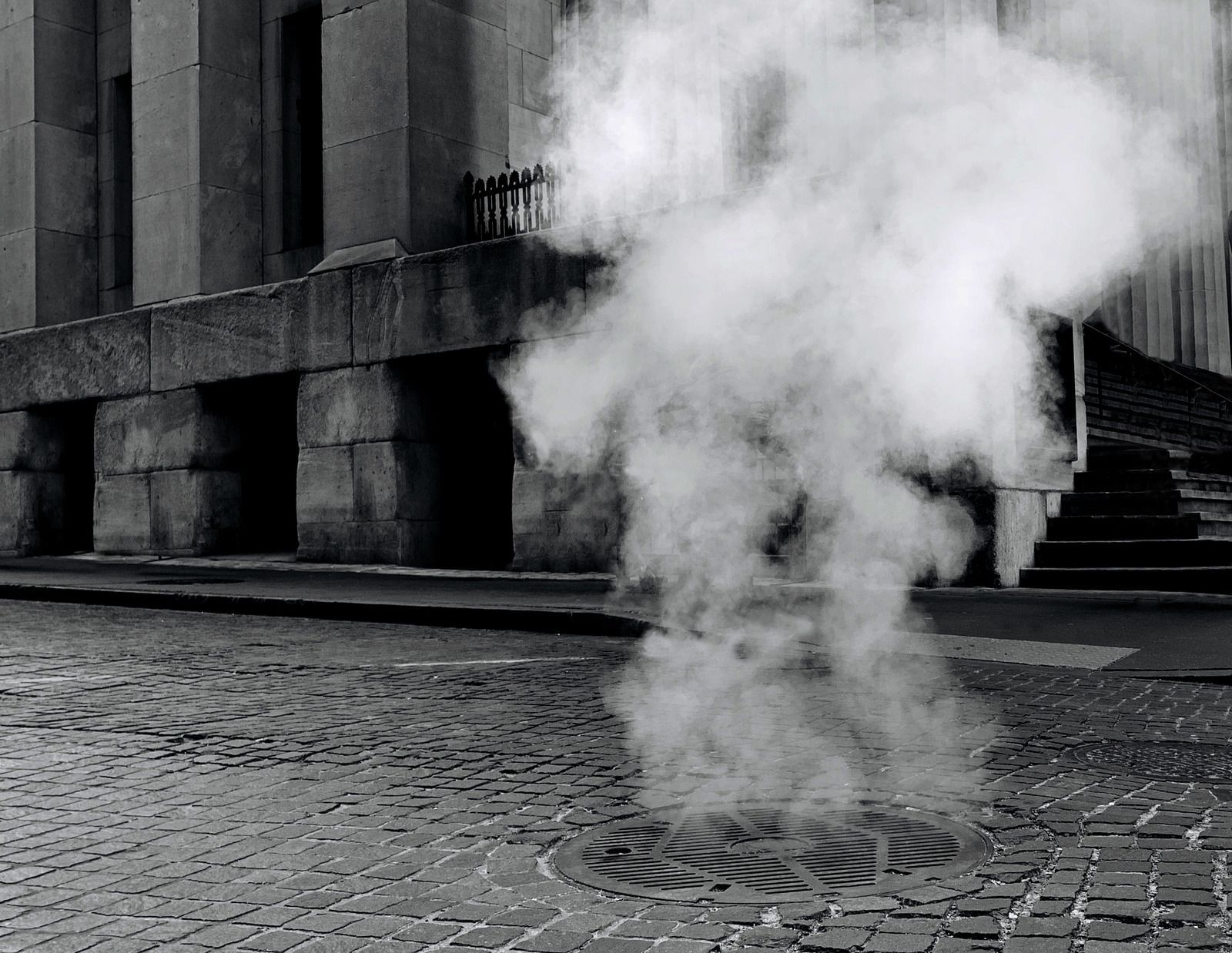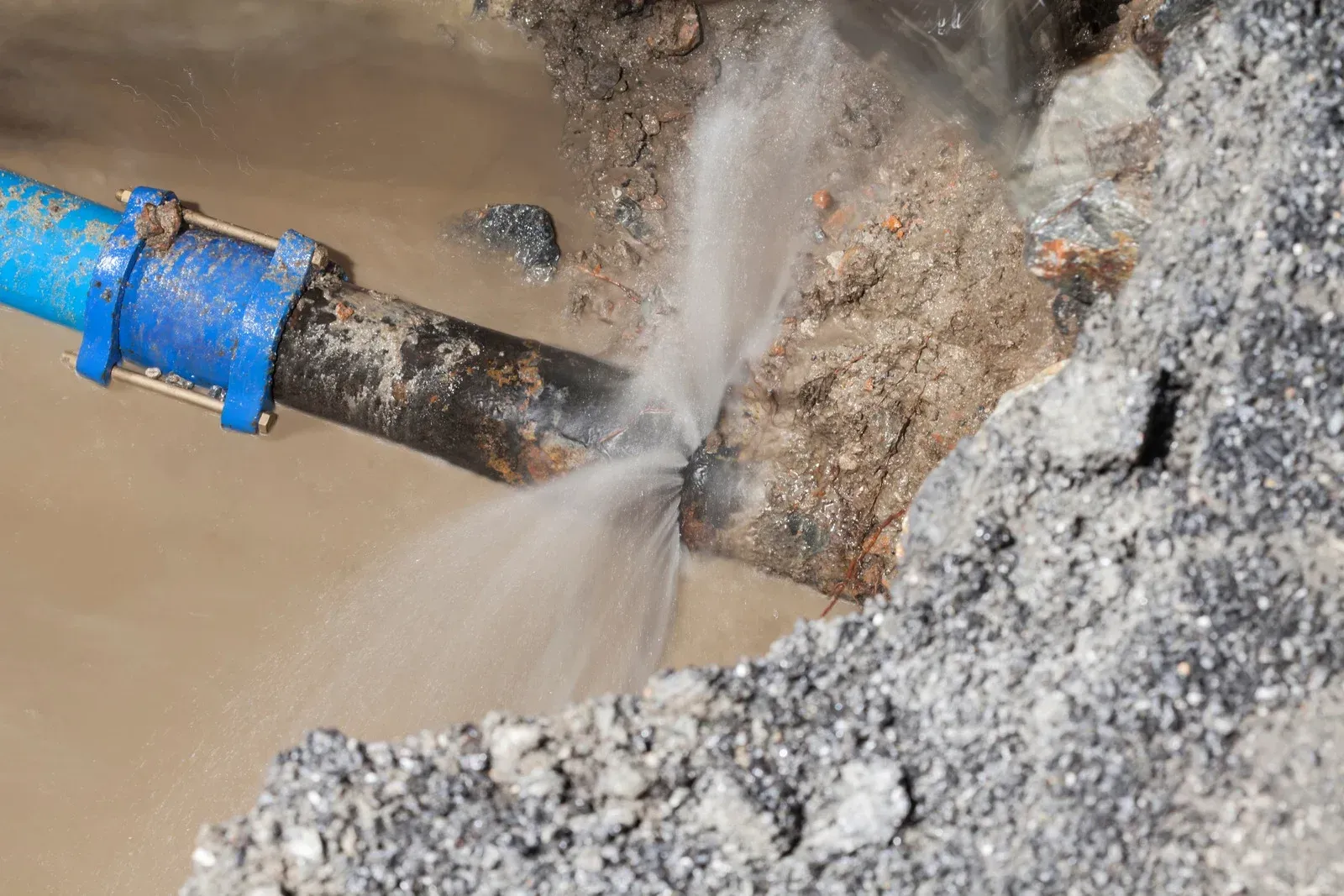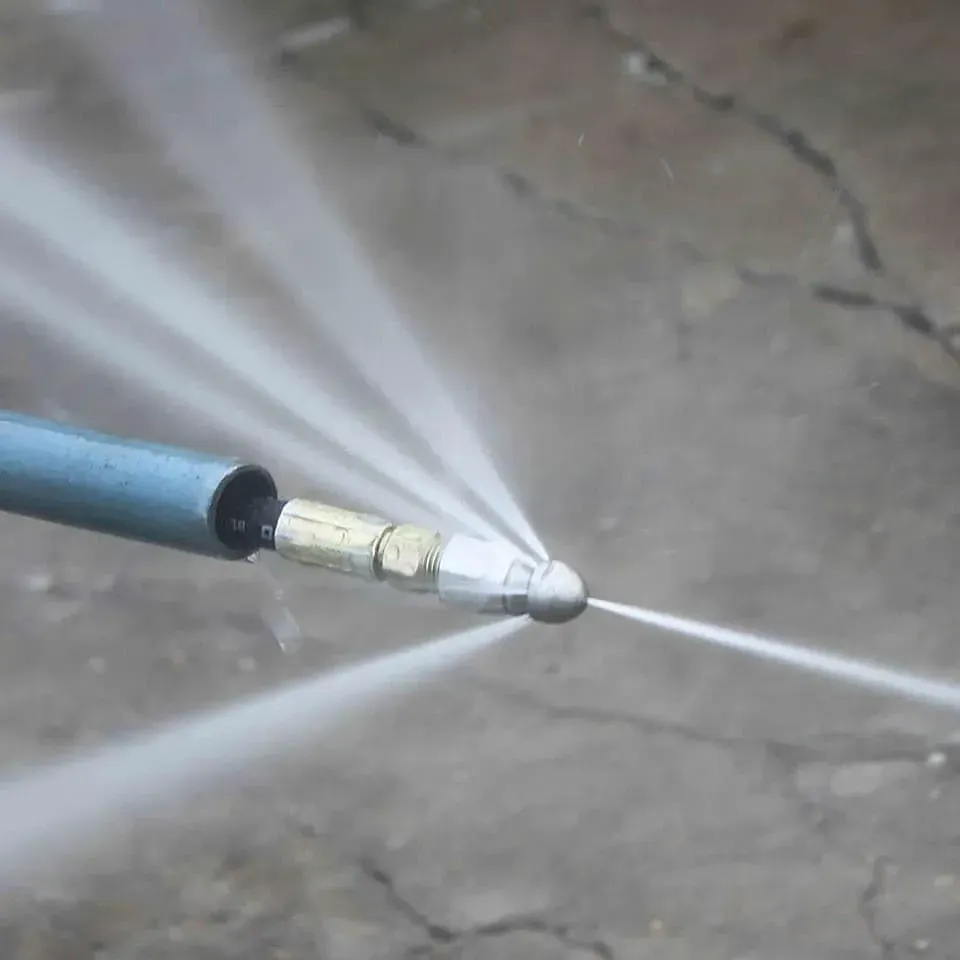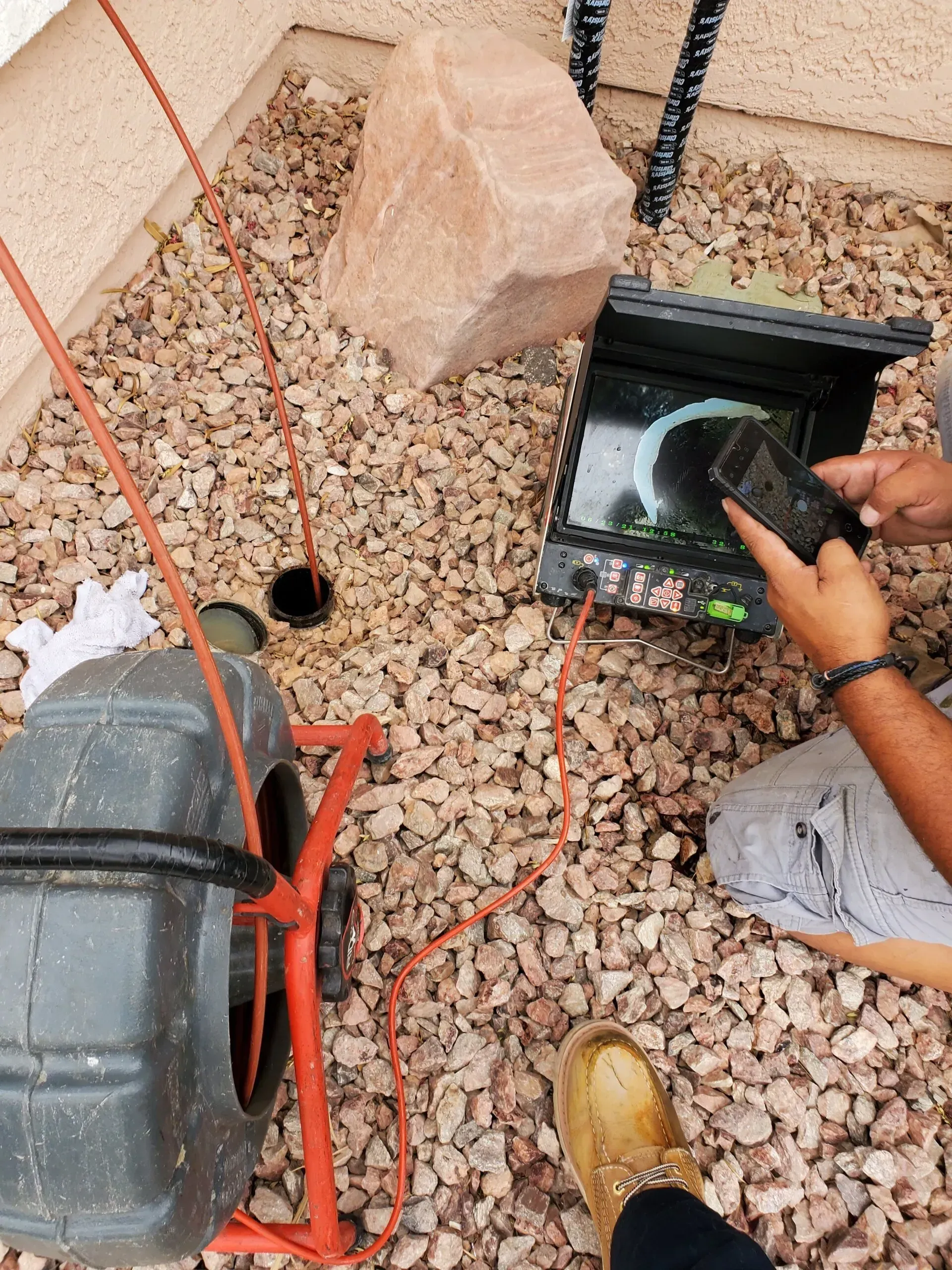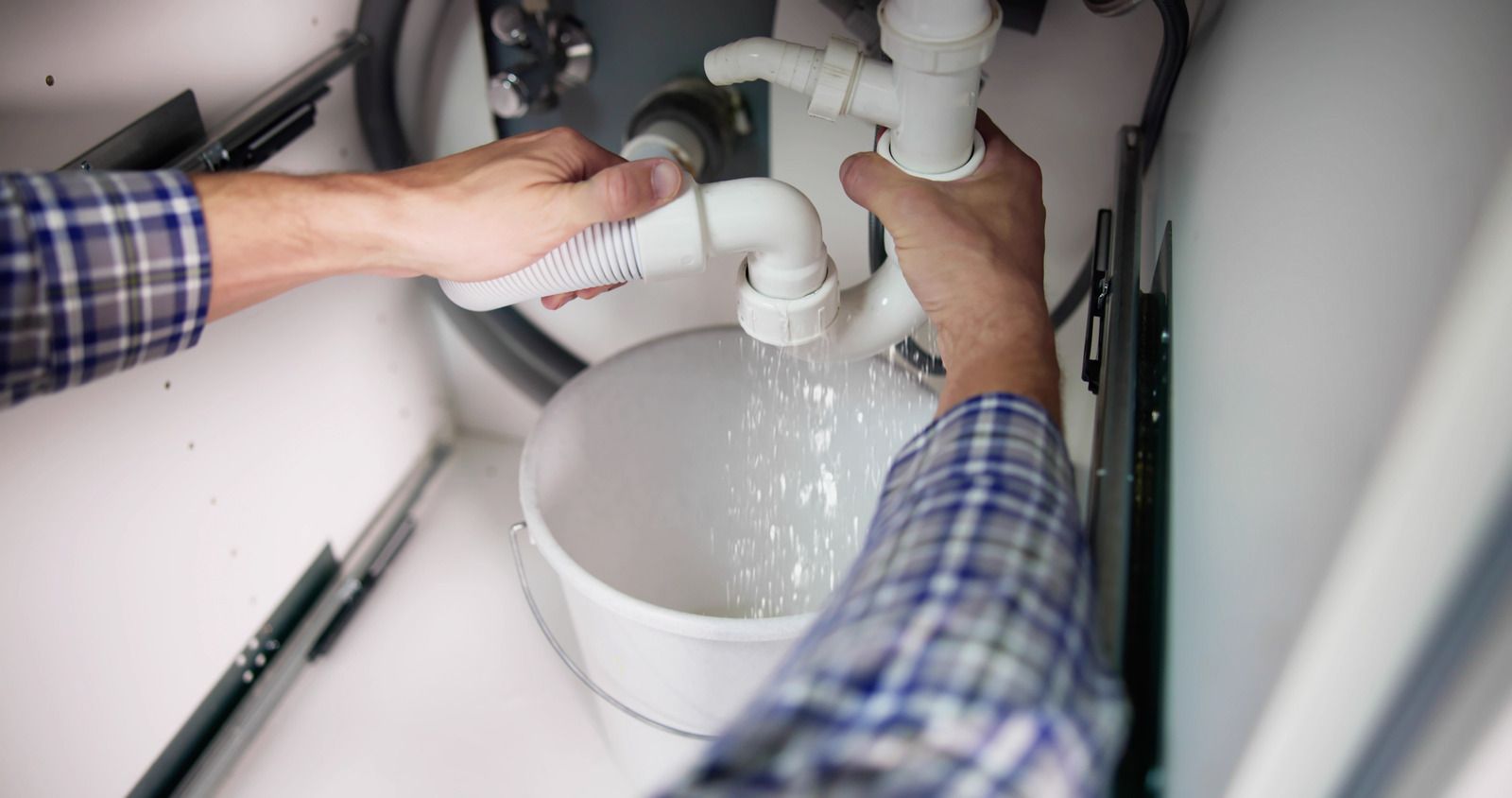Proactive Tips to Keep Your Drains Clean and Functional
Keeping drains clean is essential for maintaining a smooth-running household. Blocked drains can lead to inconvenient disruptions, unpleasant odors, and costly repairs. Here, we’ll discuss simple, proactive tips to help you keep your drains in top condition, ensuring they function efficiently and last longer.
1. Routine Cleaning: Your First Line of Defense
- Weekly Cleaning Habits: Daily clean your drain stoppers and flush drains with hot water, baking soda, and vinegar solution.
- The Benefits: This routine prevents build-up and keeps drains smelling clean and fresh.
2. Mindful Disposal: Protecting Your Drains
- Kitchen Wise: Grease, coffee grounds, and food leftovers are enemies of kitchen drains. Dispose of them properly instead of washing them down the sink.
- Bathroom Care: In the bathroom, prevent hair and soap residues from going down the drain.
- Effective Tools: Drain guards are a practical way to catch debris and protect your drains.
3. The Boiling Water Technique
- Regular Practice: Make a habit of pouring boiling water down your drains weekly.
- Why It Works: Boiling water can dissolve accumulating grease or fat, preventing clogs from forming.
4. Choosing Enzyme-Based Cleaners
- Benefits Over Chemicals: Unlike harsh chemical cleaners, enzyme-based cleaners gently break down organic materials without damaging your pipes.
- Recommended Use: Incorporate these cleaners into your monthly drain maintenance routine.
5. Dangers of Chemical Drain Cleaners
- Potential Harm: Chemical cleaners might offer a quick solution but can corrode pipes over time and pose health and environmental risks.
- Safer Alternatives: Opt for natural solutions or seek professional assistance for hard-to-remove clogs.
6. Regular Professional Maintenance
- Annual Checks: Despite your best efforts at home, getting your drains checked annually by a professional plumber is a smart move.
- Early Detection: Professionals can spot and resolve potential issues early, saving you from future headaches.
7. Educating the Household
- Collective Responsibility: Ensure everyone in your home knows what should and should not go down the drains.
- Long-term Benefits: This shared knowledge can significantly reduce the chances of clogs and maintain efficient drainage systems.
Keeping your drains clean and functional doesn’t need to be complicated or expensive. By incorporating these simple, proactive steps into your routine, you can avoid common plumbing issues, minimize repair costs, and ensure your household runs smoothly.
Additional Tips for Drain Care
- Avoid Harsh Scrubbing: Avoid using abrasive materials that can scratch and damage the interior surfaces when cleaning your drains.
- Seasonal Considerations: In colder months, be vigilant about preventing pipes from freezing, as this can lead to burst pipes and severe drain issues.
- Water Flow Monitoring: Keep an eye on the speed of water drainage. Slow drainage can indicate a forming clog, allowing you to act before it worsens.
- Natural Odor Eliminators: Consider using lemon peels or essential oils after cleaning for a fresh-smelling drain.
- Emergency Preparedness: Keep essential plumbing tools like a plunger and a plumber's snake handy. Knowing how to use them can save the day in minor clogs.
Following these tips, you can maintain clean and functional drains, ensuring your home remains comfortable and efficient. Regular care and awareness are the keys to avoiding plumbing problems and ensuring the longevity of your home's drainage system.
